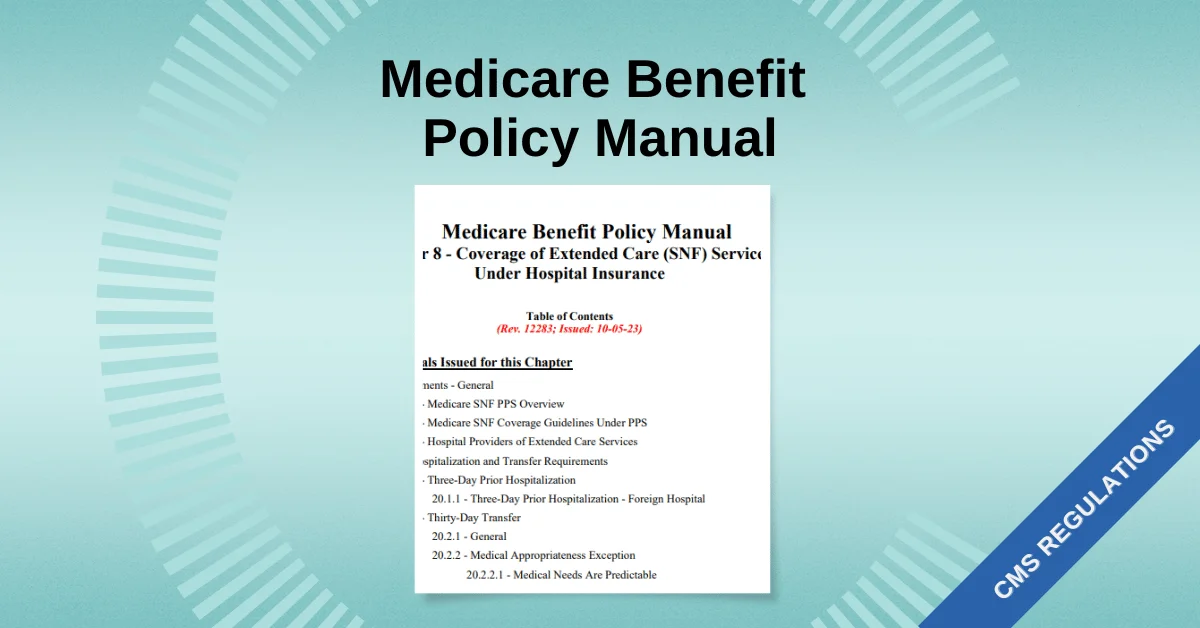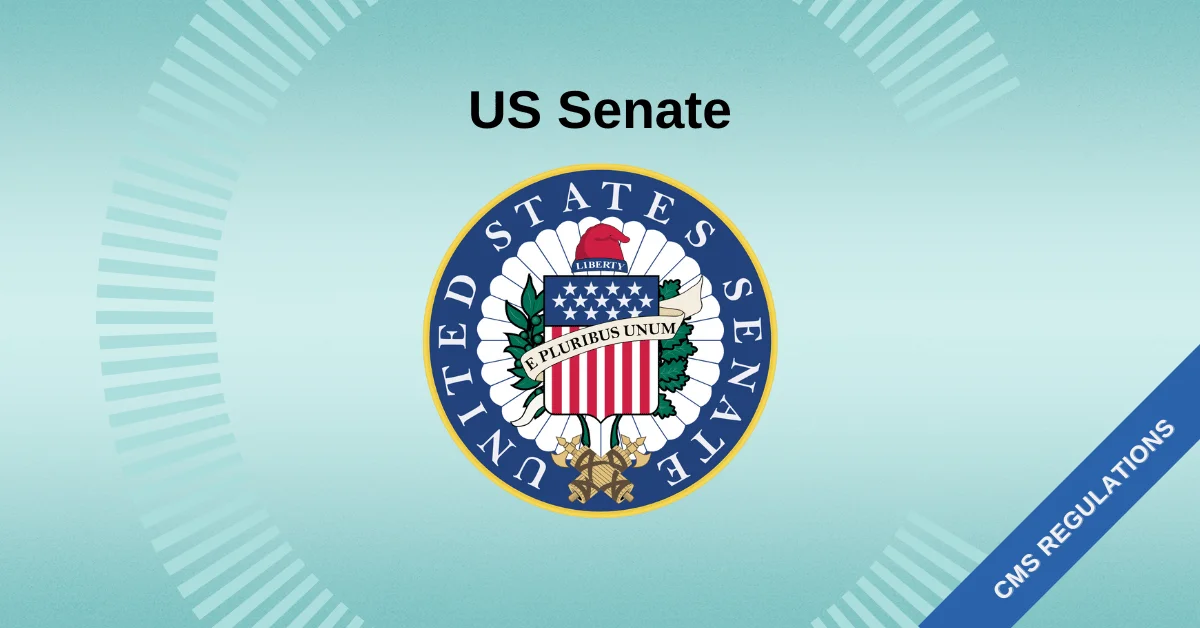
From a policy perspective, the authors highlight that while CMS has issued a new rule requiring that MA plans’ coverage must be no more restrictive than traditional Medicare’s, CMS should also enforce coverage parity, use Quality Star Ratings to incentivize appropriate coverage policies, and ensure that any new coverage criteria developed by MA plans are based on clinical evidence and made publicly available.
“Given the lack of available data to describe MA claim denials, increasing transparency is a critical first step. Although the rule requires public disclosure of MA plans’ utilization review criteria, CMS should go farther by requiring that plans disclose both how often services are denied and why they were denied. Denial rates provide a more helpful signal of health care access across plans than do dense coverage criteria, and disclosure would help beneficiaries choose from among MA plans and it would foster healthy competition. In a survey, 85% of insured adults supported a requirement for health insurers “to tell regulators how often they deny claims and to disclose that denial rate to consumers.”10 CMS could publish this information on its Medicare Plan Finder website and require brokers to relay denial rates to clients.
Importantly, reporting should clarify the reasons for the denials (eg, clerical error vs clinically unnecessary) and whether the services would have been approved by traditional Medicare. In addition to informing patients, these data would facilitate research and ongoing monitoring of the relative prevalence of appropriate denials and inappropriate approvals, all of which have implications for access and efficiency. To ensure accuracy and promote compliance, CMS could leverage audits and fines similar to those used to compel insurer compliance with price transparency requirements.
Beyond encouraging disclosure, CMS must also consider how it will enforce coverage parity across the full range of services covered by Medicare. One approach is to build on the OIG report to assemble a list of services commonly denied by MA plans but consistently covered by traditional Medicare. This list would help MA plans to adjust coverage criteria more readily in the areas where it matters most and assess which of the common denials are appropriate or inappropriate. In addition, this information could assist in reevaluating the existing coverage criteria of traditional Medicare.
CMS can also discourage inappropriate denials through the Quality Star Ratings assigned to MA plans. Specifically, the Star rating domains—which already factor in the rate at which appealed denials are upheld—could include metrics for denial rates beyond traditional Medicare, as measured by CMS or its contractors. Although denial rates are not comprehensive metrics (eg, they do not capture services deterred by the threat of undergoing the prior authorization process), emphasizing denials in Star ratings would incentivize plans to thoroughly review and refine coverage policies because higher ratings attract enrollment and garner bonus payments.”
Gondi, S., Kadakia, K. T., & Tsai, T. C. (2024). Coverage denials in Medicare Advantage—Balancing access and efficiency. JAMA Health Forum, 5(3), e240028. https://doi.org/10.1001/jamahealthforum.2024.0028



